All Stories
-
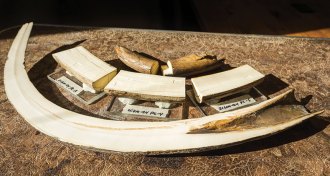 Paleontology
PaleontologyNew evidence weakens case against climate in woolly mammoths’ death
Hunters responsible for woolly mammoths’ extinction, suggests a chemical analysis of juveniles’ tusks.
By Meghan Rosen -
 Chemistry
ChemistryNanoparticles in foods raise safety questions
As scientists cook up ways to improve palatability and even make foods healthier, some are considering the potential health risks of tiny additives.
By Susan Gaidos -
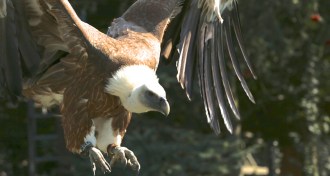 Climate
ClimateHigh-flying birds recruited for meteorology
Monitoring the midflight movements of high-flying birds can provide valuable meteorological data, new research shows.
-
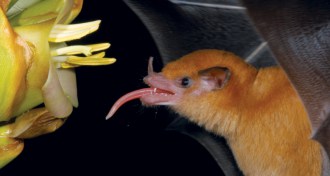 Animals
AnimalsHow to drink like a bat
Some bats stick out their tongues and throbs carry nectar to their mouths.
By Susan Milius -
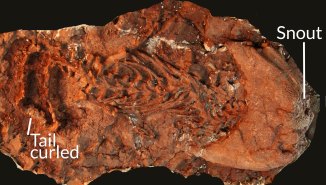 Paleontology
PaleontologyDimetrodon’s diet redetermined
The reptilelike Dimetrodon dined mainly on amphibians and sharks, not big herbivores as scientists once believed.
By Meghan Rosen -
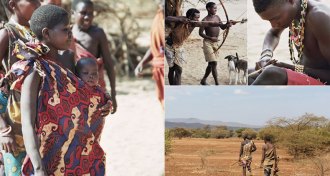 Anthropology
AnthropologySleep time in hunter-gatherer groups on low end of scale
Hunter-gatherer communities in Africa and South America have similar sleeping patterns as people living in postindustrial societies, researchers find.
-
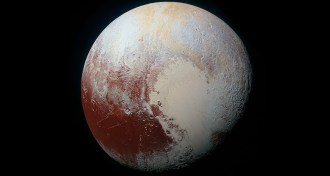 Planetary Science
Planetary ScienceFive surprising discoveries about Pluto
Here are five key (though not necessarily new) findings in the paper that epitomize the surprising complexity of the Pluto system.
By Andrew Grant -
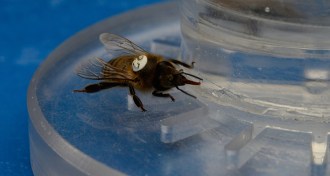 Animals
AnimalsBees get hooked on flowers’ caffeine buzz
Flowers drug honey bees with caffeinated nectar to trick them into returning, causing the bees to shift their foraging and dancing behaviors.
-
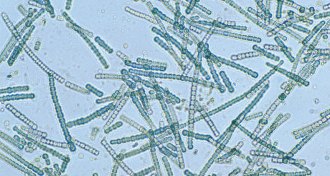 Plants
PlantsEarly cyanobacteria fossils dug up in 1965
In 1965, early photosynthetic plant fossils were discovered. The date of earliest oxygen-producing life forms has since been pushed much earlier.
-
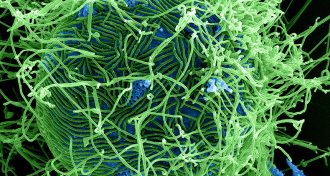 Health & Medicine
Health & MedicineFirst known case of sexually transmitted Ebola reported
A Liberian woman contracted Ebola in March by having sex with a survivor of the viral disease, researchers report.
-
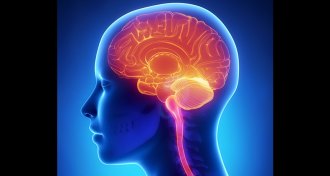 Neuroscience
NeuroscienceAdolescent brains open to change
Adolescent brains are still changing, a malleability that renders them particularly sensitive to the outside world.
-
 Humans
HumansU.S. is growing more genetically diverse
Young Americans are more genetically diverse than previous generations, a new DNA analysis reveals.